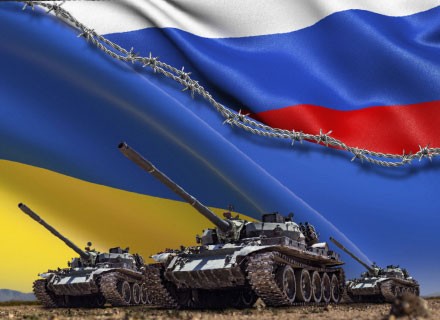As the war in Ukraine is nearing a month since Russian troops launched a multi-front incursion against the former Soviet nation, there have been multiple repercussions globally.
On expected lines, oil and natural gas prices had shot up to record highs before plateauing to steep valuations. This in turn had meant that energy bills, food prices, and the cost of basic commodities across the world have gone up.
Even though once a superpower, Russia only contributes to 3% of the world’s GDP and Ukraine is in the 57th position of the world’s global economies. All this can also kindle a spiral of political instability and give rise to extremist governments and move away from the trend of liberal governments coming into power.
The other short or immediate-term impact of the war will be a staggering food crisis in many vulnerable parts of the world, especially in the Middle East and North Africa. Fifty percent of their food is sourced from Russia and Ukraine.
In the mid-term or long term, the war will have effects on equity and welfare as governments will be forced to look into increasing their spending on defense budgets and cutting on social spending.
Further, this environment of volatility will hurt investor sentiments and restrict cash flow in emerging markets. All this combined, economists predict global stagflation– an unenviable combination of recession and inflation. The world’s stock market indices had breathed a sigh of relief with Russia avoiding a sovereign default.
Another fall out of Vladimir Putin’s ‘special military operation’ is the solidification of a new world order with two cold war-like blocs with one led by the US along with the majority of the West and the other led by China and ostracised nations like North Korea, Iran, and Russia. This, in turn, will restrict the decades-old trend of increased globalisation in the form of the free flow of goods and human capital.
The only bright side is that Europe which is currently overly dependent on Russian oil and gas may look to invest big in greener energy sources.

